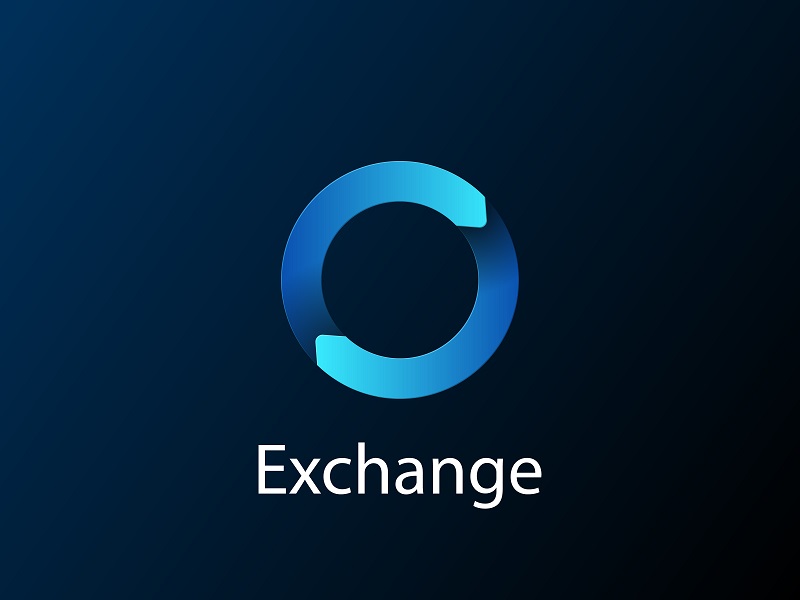We have been talking about the Coincheck exchange platform recently, who not only offer Bitcoin trading but also support Ethereum as of a little while ago. Ever since that article was published, we have received a few requests about why this platform is so significant given the little interest in digital currency in the country. Time to do some number crunching on what makes Coincheck so interesting.
Also read: Wirex App Unifies Mobile Banking and Bitcoin On Android and iOS
Coincheck Is A Lot Bigger Than People Think

It comes as no surprise to find out Coincheck is the largest Bitcoin exchange in Japan, and the addition of Ethereum to the trading markets will only keep that momentum going in the foreseeable future. Translating this into transaction volume, there is close to US$28m flowing through this exchange platform only a monthly basis, which is quite a significant number in a country where digital currencies are not making headlines by the look of things.
Additionally, Coincheck is home to over 16,000 digital currency traders and enthusiasts in the Japan area. Given the platform’s variety of payment methods accepted to buy both Bitcoin and Ethereum – including credit cards and international wire transfers – this exchange holds all of the right cards to keep expanding over time.
But what is really worth noting is how Coincheck is a member of the Japan Authority of Digit Asset [JADA] and is active in the field of creating a legislative framework for Bitcoin and other digital currencies in Japan. Being one of the industry experts can be invaluable, especially when dealing with government officials looking to regulate Bitcoin.
Experienced traders will enjoy some of the features Coincheck has to offer, including stop-loss trading, margin trading, and the option to exert leverage on the future price for their Bitcoin and Ethereum. Although most of these features are rather common among Western exchanges, it’s nice to see Japanese companies paying attention to this area as well.
All in all, Coincheck could become one of the major Asian exchanges for both Bitcoin and digital currency over time. Granted, most of the trading volume will still originate from China, but more exchanges in multiple countries will only add to the decentralization of trading digital currency. However, most exchanges are centralized in their own way, as they hold on to user funds in the process.
Source; News Tip Via Email
If you liked this article follow us on Twitter @themerklenews and make sure to subscribe to our newsletter to receive the latest bitcoin and altcoin price analysis and the latest cryptocurrency news.

